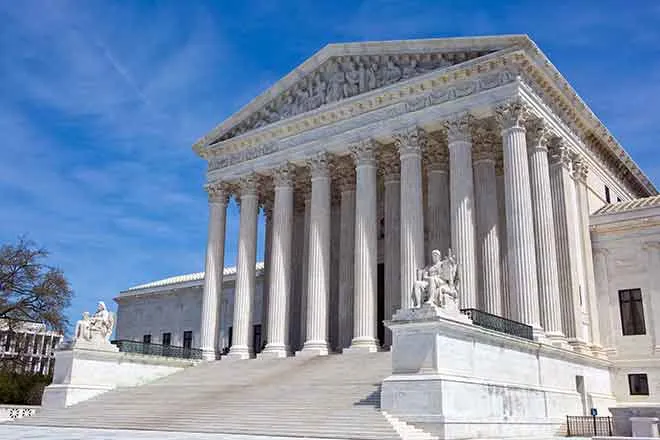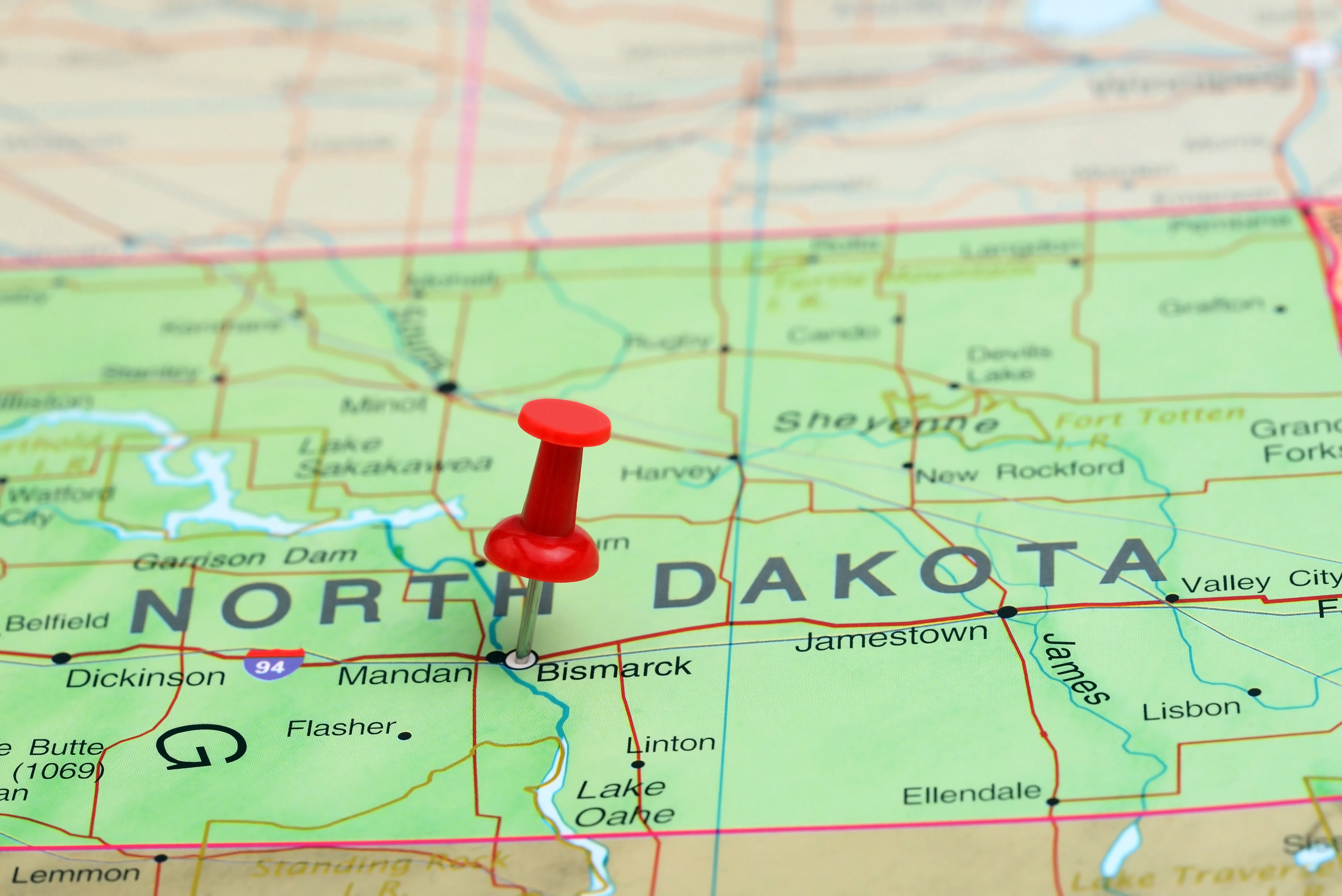
Blocked sale of U.S. Steel does not allay fears of effects on workers, health, community
Click play to listen to this article.
A Pennsylvania environmental justice group is voicing concerns about the blocked sale of U.S. Steel to Nippon Steel, citing its effect on the community and jobs if it ultimately goes through.
On Monday, Nippon Steel and U.S. Steel filed a lawsuit challenging the Biden administration over the decision.
Matthew Mehalik, executive director of the Pittsburgh-based nonprofit Breathe Project, said Nippon's bid would not have benefited union workers or the community, as it did not include a long-term plan for helping the Mon Valley. He added Nippon said they would honor all collective bargaining agreements, but the union contract expires in 2026.

© iStock.com/ultramarine5
"If you look at the big picture, really what Nippon wants is the Big River Steel, brand new electric arc nonunion facilities in Arkansas that U.S. Steel spent over $4 billion over the past couple years purchasing and building up as a threat to deunionize U.S. Steel."
Mehalik noted Nippon Steel's $1 billion Mon Valley investment pledge lacked detail, only specifying a new hot strip mill at Irvin Works, one of the three components of the Mon Valley Works along the Monongahela River. For its part, Nippon Steel said it has committed to preserving jobs, the U.S. Steel name and branding, and the Pittsburgh headquarters.
Mehalik argued Nippon's investment plan lacks specifics on how it will address the long-term health issues caused by decades of pollution in the community. He pointed out U.S. Steel has faced more than $65 million in fines and settlement agreements since 2020 due to Clean Air Act violations, primarily stemming from its Mon Valley facilities.
"The ongoing pollution that's been present for a long time in the Mon Valley; our county is in the top 1 percent of counties nationwide for cancer risk from toxic air pollution," Mehalik outlined. "The asthma rate in the communities is more than double the state average and the national average."
Mehalik noted carbon-based steelmaking faces a major shift as the steel industry transitions to decarbonization. Automakers are already seeking carbon-free steel, a growing market driving innovation in steel production. However, the Nippon deal includes no commitments to decarbonization and instead appears to reinforce fossil fuel-based steelmaking.

















